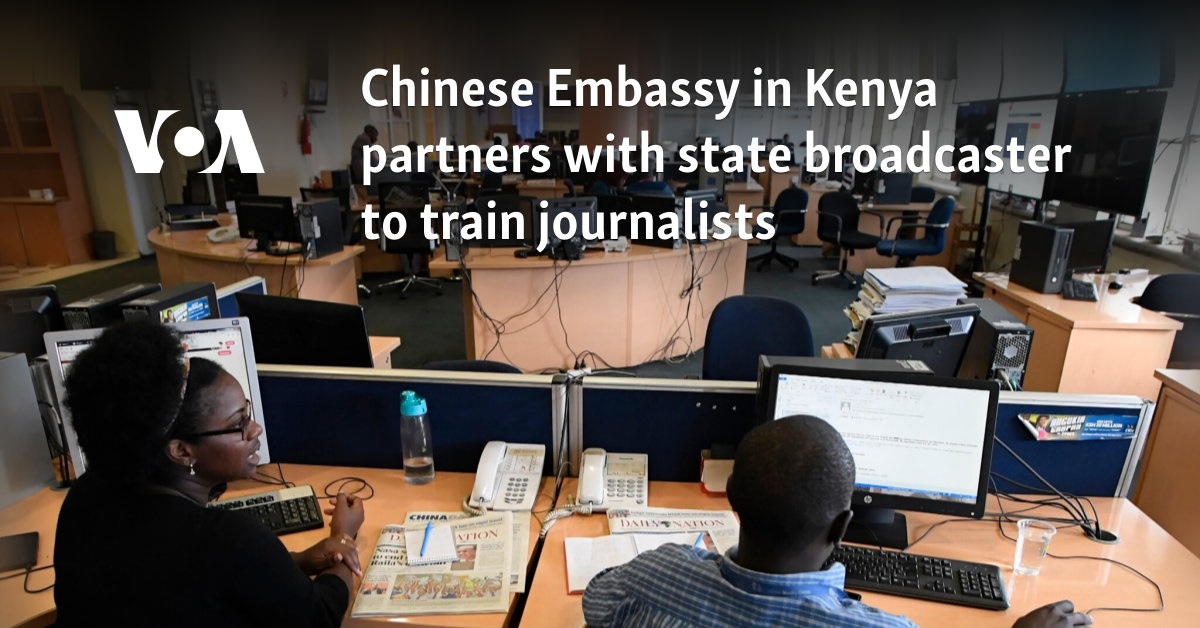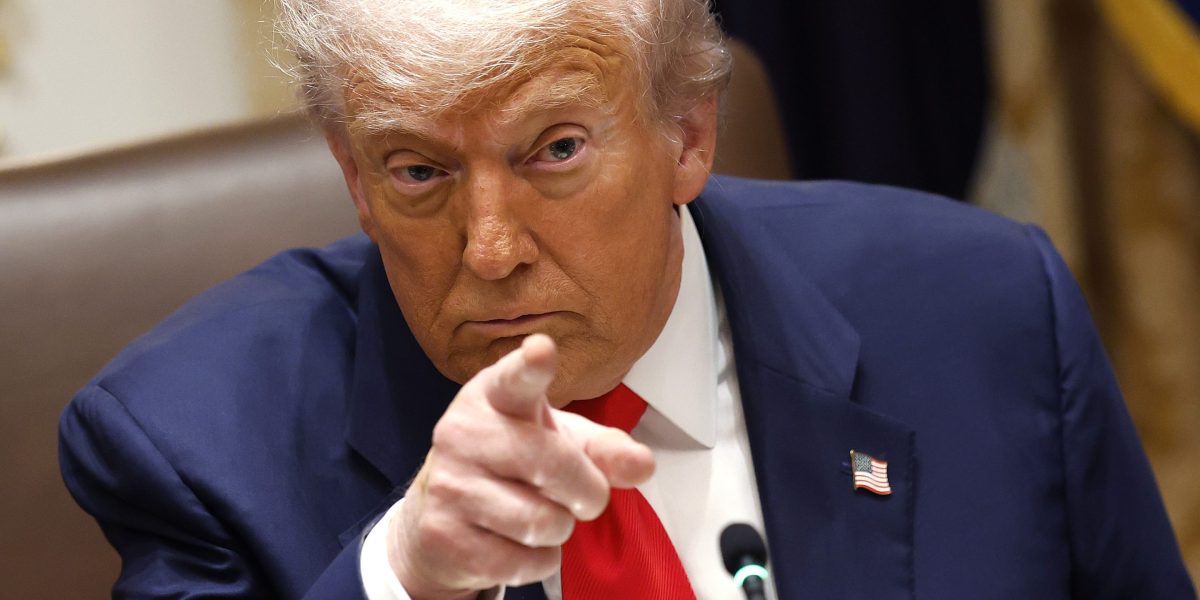The Chinese Embassy in Kenya says it has begun training Kenyan journalists to promote professionalism and integrity. But press advocates say the initiative is ironic as China sits close to the bottom in a key press freedom ranking for 2024.
Kenyan news anchor and reporter Allan Aoko is one of dozens of reporters and editors at the state-run Kenya Broadcasting Corporation who recently participated in a Chinese Embassy-sponsored media course in Nairobi. The course touched on a range of journalism topics.
”It was very critical for me to understand the kind of tools that we should be using in artificial intelligence as a reporter using those tools to disseminate the news,” he said. “It was important for me to understand the details.”
Some 70 journalists participated in the training.
Speaking at the opening of the training session, the Chinese Embassy’s deputy ambassador to Kenya, Zhang Zhizhong, talked about the importance of the role of journalism in a nation.
”Journalists and reporters, you are the core of media and also the key factor in the success of media in conveying information and shaping perceptions and leading a country or nation into the correct direction,” Zhang said.
Studies by independent journalist advocacy groups have documented how China uses such partnerships to try to foster more positive coverage, including via press junkets, sponsorships and so-called career development opportunities to nurture better media relations. It has also offered tightly controlled press trips to Xinjiang to try to counter investigative reporting that has exposed its mass detentions and abuses in the region.
As the world’s leading jailer of journalists, China is considered one of the most censored countries in the world, using a combination of censorship, surveillance and legal threats to prevent free expression. The country ranks 172nd out of 180 on the Press Freedom Index, where 1 reflects the best media environment.
Aleksandra Bielakowska works for Reporters Without Borders, which compiles the index. She said that “inside their country, Beijing is conducting a full-scale campaign against independent voices, which is also independent journalists. In the past 10 years, we could see some space for independent journalism in China. The investigative journalists have almost died out.”
The Kenyan national broadcaster’s editor-in-chief, Simon Maina, told VOA that because resources are limited, accepting help from China may be inevitable. But Maina said his newsroom’s editorial decisions are free of China’s influence.
”The sponsorship they have given us does not interfere with our editorial policy,” Maina said. “Our editorial policy still stands, so it has nothing to do with how they operate in their country.”
A 2021 report by the International Federation of Journalists found that Beijing’s strategy was to target journalists in developing countries, such as in Africa, where it has deep financial interests. The report further showed that three quarters of African respondents said they viewed cooperation with Chinese entities as positive, especially where there was not enough media infrastructure.
Kenyan foreign policy professor Noah Midamba said that even with Beijing’s efforts and investments in Africa, the continent’s mass media are still aligned with the West because of the language barrier with China.
”What is lagging for the Chinese is their information has not penetrated to the people in the streets, people in the rural areas and the most populous [regions] in Africa, as most Africans don’t understand Chinese,” he said.
At the same time, what has made the headlines is Kenya’s participation in China’s global infrastructure development project called the Belt and Road Initiative – a partnership many economists say has led the country into a debt trap.


